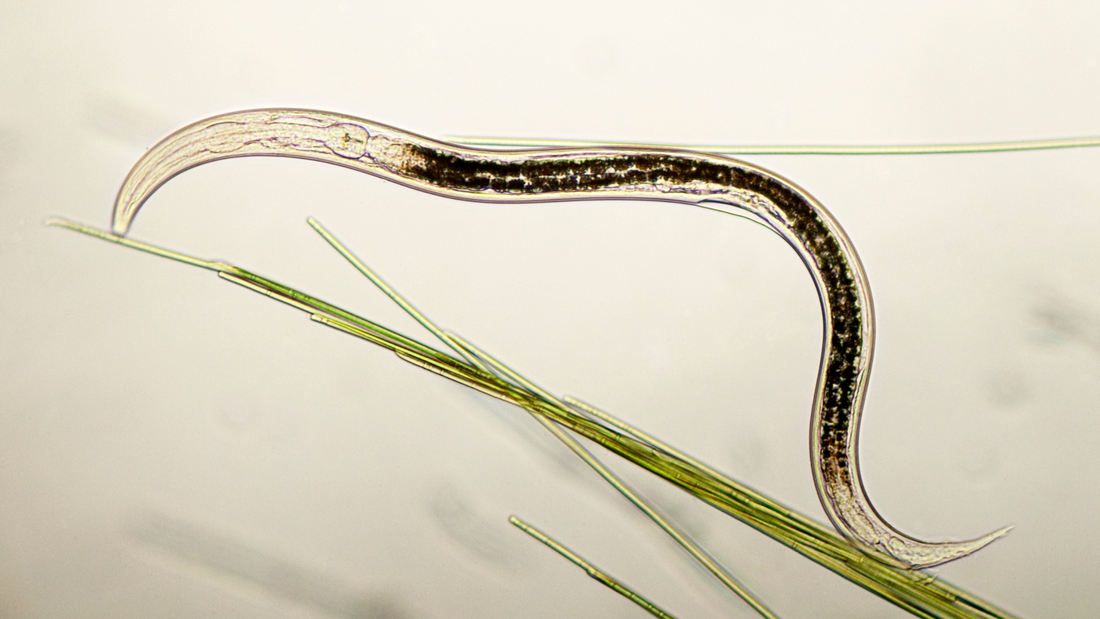
6 Things You Should Know About Deworming Your Dog
Share
Deworming is essential to pet ownership as it serves as a preventive measure to keep your dog healthy. Deworming is important because not only can it improve your dog’s health, but it also keeps you and your family members away from harmful parasites that your dog might carry.

- They can be both visible and invisible: We often think of worms as skinnier versions of Earthworms, but nematodes can be microscopic, and some can be seen with the naked eye. You might even encounter some worms when looking at your dog’s feces. Consult your vet for a fecal examination when in doubt.
- Puppies need to be dewormed: Puppies are usually born with parasites, which typically get passed on through their mother even if the mom is dewormed. It is not unusual for veterinarians to deworm your puppy every couple of weeks until they reach a certain age. It is important to discuss deworming with your vet before you administer medication.
- Risk factors that can increase exposure:
- The living quarters of your dog.
- If they often go outside.
- Frequent contact with other animals.
- Frequent busy dog parks or daycares.
- Unclean environment such as stagnant water.
- Some people may be at high risk: Animals can carry zoonotic (animal to human) diseases and those who have suppressed immune systems may be at risk. Cancer patients, diabetics, children, pregnant women, and the elderly are the most at risk when it comes to acquiring zoonotic diseases, such as parasites. Always practice caution when handling your pets around those who are at risk.
- Common Parasites in Dogs in the Philippines:
- Hookworms (Ancylostoma caninum)
- Toxascaris limbata
- Gnathostoma spinigerum
- Spiroptera sanguinolenta
- Dipylidium caninum
- Dibothriocepha
- Steps to take to lower the risk of infection for your dog(s), your family, and yourself:
- Pick up after your dog on walks and in your yard.
- Properly dispose of feces by putting them in a dog bag.
- Avoid exposing your dog to unsanitary places.
- Keep their surroundings clean.
- Wash your hands thoroughly with soap after disposing of animal feces or after playing with your dog.
- Speak with your vet about deworming regimens or the use of nematocides.

Resources:
https://www.jstor.org/stable/pdf/3270819.pdf
